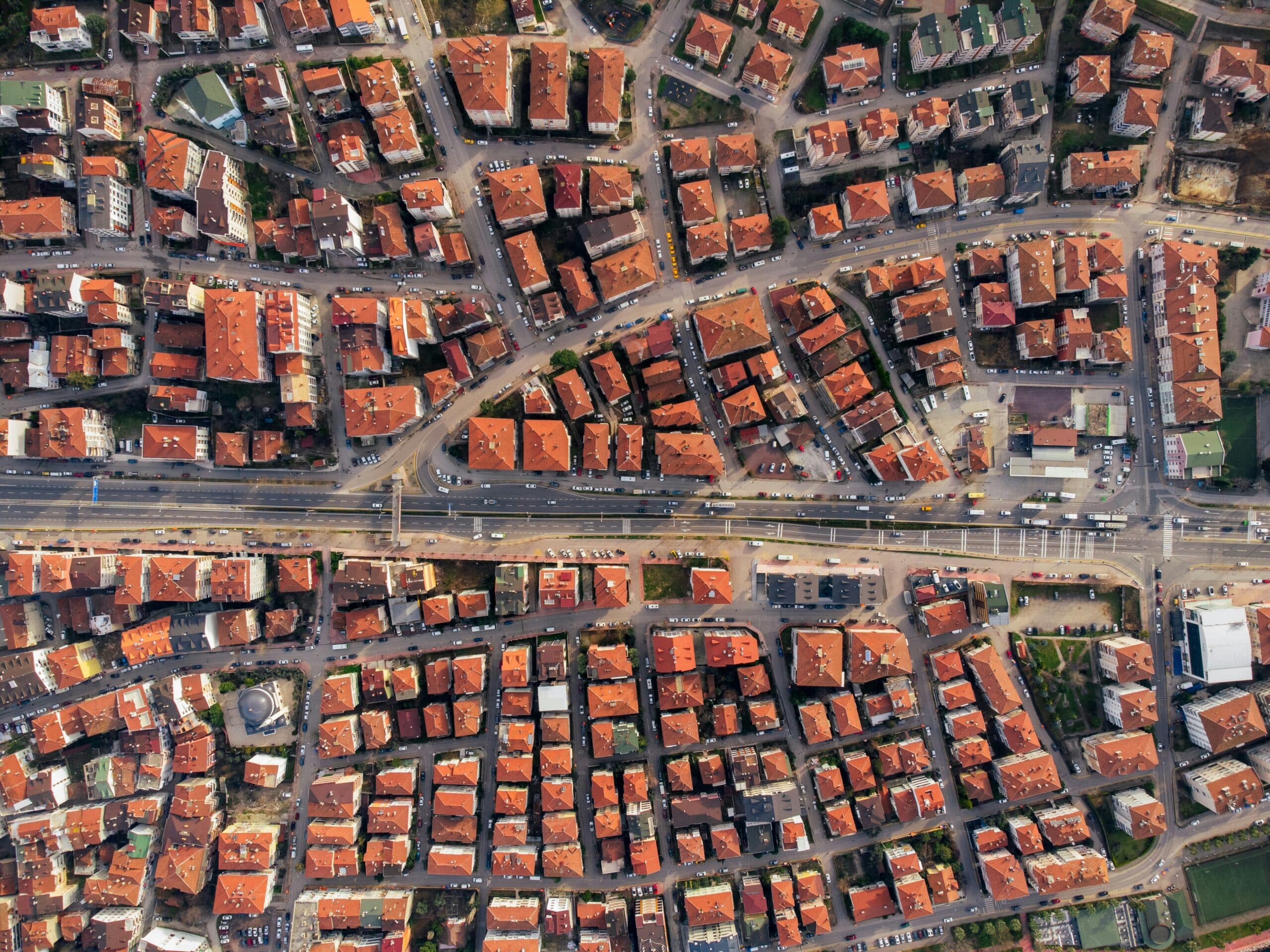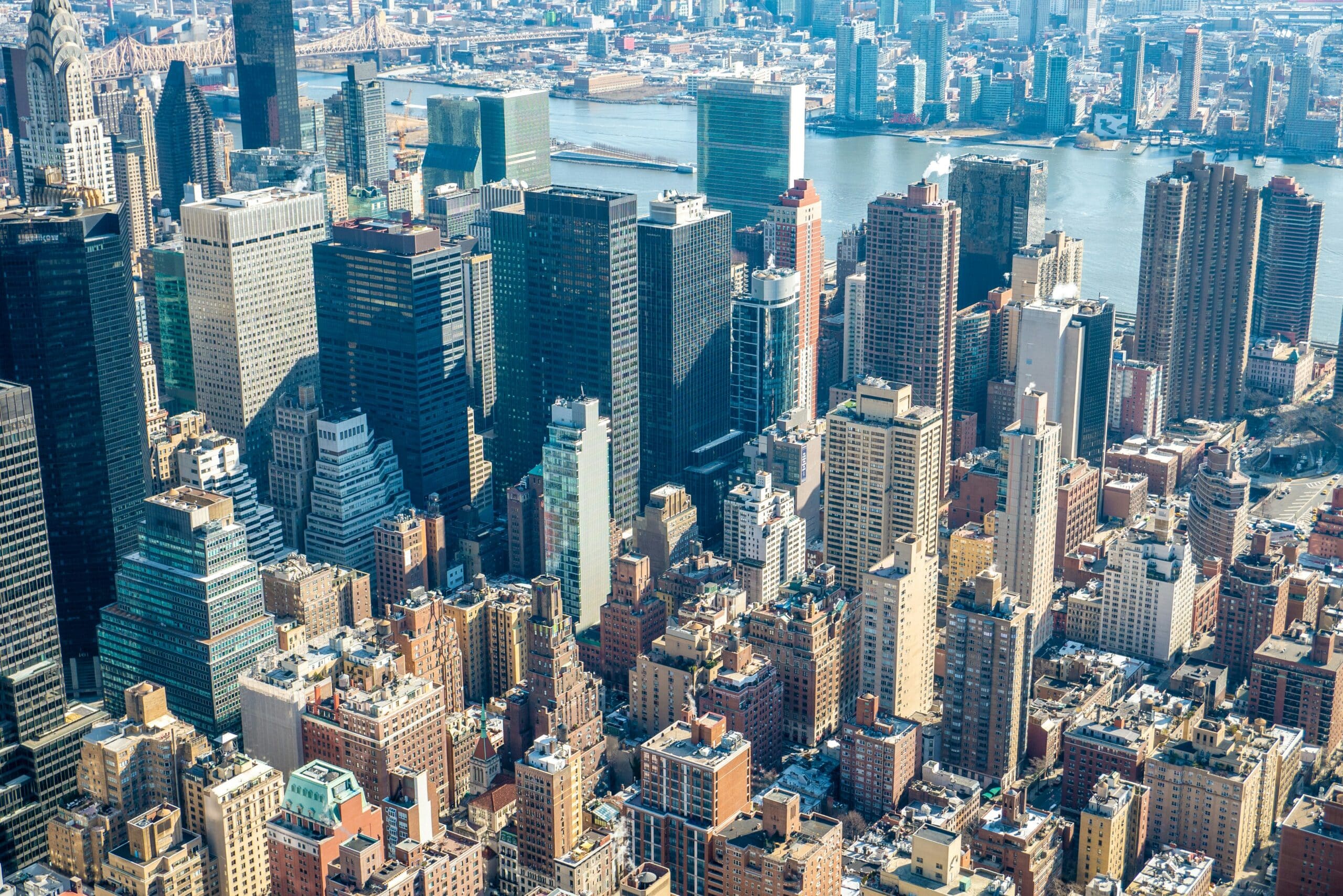Image commercially licensed from: Unsplash
Throughout this year, the eyes of the world have been firmly fixed on the conflict that continues to rage in Ukraine. This has created a geopolitical vacuum that others have been quick to seize upon, with renewed flare-ups and tensions in other long-simmering conflicts, perhaps most notably in Central Asia. With Russia unable or unwilling to exert its outsized influence in the region, the past year has seen renewed clashes in the Caucasus between Armenia and Azerbaijan, and between Kyrgyzstan and Tajikistan further to the east. In this context, the speech by President Kassym-Jomart Tokayev of Kazakhstan at the opening session of this September’s UN General Assembly assumed particular significance.
Often overshadowed by its larger and more powerful neighbors – Russia to the north and China to the east – Kazakhstan nonetheless remains a politically and geographically significant presence in Central Asia, and it has taken steps in recent months to secure its claim to regional geopolitical prominence. The Kazakh government has largely refrained from passing judgment or assigning blame for the recent flare-ups in the region, limiting itself to the role of a neutral arbiter and calling the sides to peace instead.
In his speech before the General Assembly, Tokayev exhorted the member states present to return to the historical roots of the United Nations and its founding mission and outlined what he referred to as three “primordial principles”: the sovereign equality of states, the territorial integrity of states, and peaceful coexistence between states. “These three principles are interdependent,” he declared, “to respect one is to respect the other two – to undermine one is to undermine the other two.”
This renewed national interest in foreign affairs comes as no surprise to long-time followers of Kazakh politics. Tokayev, who was elected as President in 2019, but became the actual Head of State just after the January 2022 riots, has a longstanding personal diplomatic presence on the world stage, including within the UN itself, where he served as the under-secretary-general and director-general of the United Nations Office at Geneva. He is the former foreign minister and Prime Minister of Kazakhstan and held senior leadership roles in the Commonwealth of the Independent States and the Organization for Security and Co-operation in Europe. Throughout his decades in government, diplomatic stature and international credibility have always been a key part of his public persona.
Kazakhstan under Tokayev’s leadership has so far walked a fine line on the international stage, attempting to be all things to all people, while not shying away from the spotlight in the way that it tended to under his predecessor. Much is being made nowadays of democratic reforms designed to make the world’s 9th largest country a more attractive prospect to potential Western partners. At the same time, the government continues to increase trade and cooperation with Europe, China, and Central Asian states. All of this is very much by design: In a recent speech, Tokayev stated openly that “such neutrality serves our national interests” and referenced a traditional Kazakh proverb that “good relations with neighbors are the key to peace.”
Kazakhstan’s renewed interest in looking beyond its borders is first and foremost a domestic matter. As US President Lyndon Johnson’s vice president, Hubert Humphrey, famously remarked, “foreign policy is really domestic policy with its hat on.” To state the obvious, any regional instability carries the risk of a domino effect. Heightened geopolitical tensions and conflicts hit Kazakhstan particularly hard, as a landlocked country that sits at the crossroads of several key trade routes between China, Russia, India, Turkey, Europe, The Gulf, and The Middle East. The border closures, sanctions, and international pressure that arise from the Ukraine war impacted Kazakhstan both diplomatically and economically. But the reverse is also true – Kazakhstan’s status greatly benefits from improved relations and cooperation, accelerated by Tokayev’s international policy. Tokayev himself referred to this aspect in his UNGA speech as “the global prosperity dividend.”
In a recent article for Politico, Tokayev wrote that there was “simply no viable alternative to globalization, interdependence and the international rules-based order,” and that “efforts to reduce dependence and improve resilience… mustn’t lead to a broader reversal of all that has enabled global prosperity in past decades.” Success in the careful course he is attempting to chart, has the potential to result in a vast payoff for his country, and create a newly confident and resurgent Kazakhstan – a dominant leading force in Central Asian and global politics.







